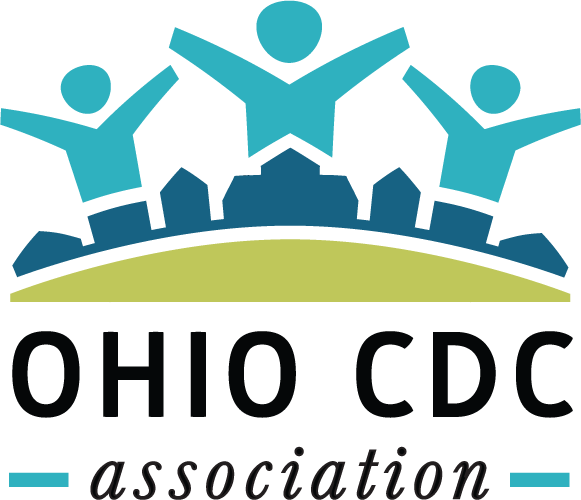Community development corporations (CDCs) are traditionally oriented around housing development, business support, and community engagement, sometimes focusing on place without considering the impact of place on health. If we seek to improve the wellbeing of neighborhoods and residents, CDCs must target the environment, relationships, services, and opportunities that enhance or constrain health. Reorienting to address social determinants of health (SDOH) is a challenging but critical shift.
The Old Brooklyn CDC (OBCDC) Community Health Initiative convened an array of community partners representing health care, housing and community development, research, education, public health, and service providers–leveraging their capacity to develop comprehensive interventions through a data-informed and resident-driven approach to improve neighborhood and individual health. OBCDC developed the first neighborhood-level Community Health Needs Assessment (CHNA) that guides their work in six key areas: Food Access, Greenspace Equity, Housing Injustice, Chronic Disease, Substance Use, and Neighborhood Resource Access and Usage.
In this session, OBCDC will share the steps they took to develop and implement the findings from their CHNA, specifically to address food access in Old Brooklyn through the Old Brooklyn Farmers Market and how the shift toward a SODH lens directly impacted that work. Located in a food desert, the market doubled the use of SNAP & WIC redeemed from the previous year, as well as an increase in access to healthy foods and overall health as reported by attendees. At the end of this presentation, participants will apply the SDOH within the scope of their own community development work by inventorying their current practices and determining specific SDOH within their own work.
Back to All Events
Earlier Event: February 16
Coffee Chat: Workforce Development
Later Event: March 7
OCDCA Book Club: Time Management for Mortals

